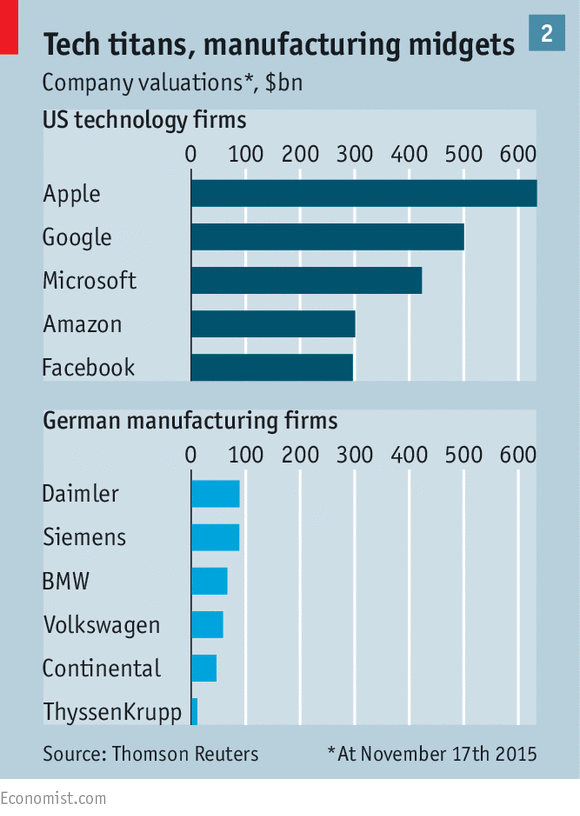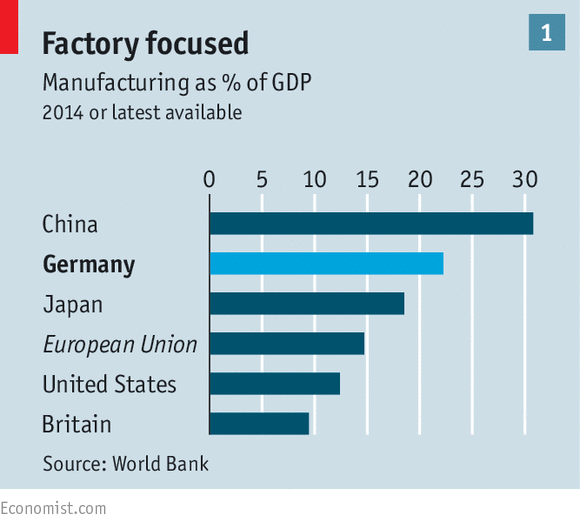I went to Mano's cafe discussion on "spin" Wednesday.
We have all heard of "spin doctors" expert at crafting messages and strategy to push a particular point of view while sheltering the weaknesses of that view. Pushing the positive, casting doubt in the opponent's position, emphasizing certain aspects to take attention away from concerns, all become part of the arrows in the spin doctor's quiver.
Some at the cafe would like to think that spin is everywhere these days, that we are bombarded by people and media wanting to sell us something or influence our thinking towards their objectives.
Resisting the call for an early definition of the term, Mano led the group towards a narrower and more focused conception of spin as oppose to other forms of communication where only certain aspects are emphasized.
We all lean towards discussing the positives in social situations while avoiding negative and critical remarks. Are we "spinning" our message or the conversation? Most of us will likely say no.
There are those among us that have strong beliefs about politics, the environment, and other issues and they advocate their position strongly often without mentioning or giving equal time to the weakness of their viewpoints. Some may classify this advocacy as spinning for perhaps a lot of us would just consider it as something that persons with strong beliefs do.
Then there are those with good intentions for their audience but see that the most effective way to get their audience to the better place quickly is by a little white lie or something that is not completely true. An example of this is for a senior center to oversell their entertainment events in order to get seniors to come to the center.
The staff knows that it is good for the seniors to get out of their homes to come to the center to socialize. So if they cross the line to say there are lots of entertainment at the center when formal entertainment only happens twice a month, it is only for the good cause of getting the seniors to come out. The ends justify the means.
Perhaps more would consider this spinning the message as the truth is being stretched.
Still, some would say that this is all done with good intentions and perhaps not what we think spinning is.
Euphemisms are becoming more and more prevalent. Are we spinning when we use the new euphemistic terms instead of the old negative ones?
In concentrating on the positive, euphemisms share a common feature of what most people think spinning is. But we are likely not ready to say someone is spinning when he refers to difficulties as challenges.
So spinning by the "spin doctors" have to go beyond the above.
Mano characterized spin as a concerted campaign to put out a message that the speaker do not fully believe in.
Individual incidences of euphemistic language or expressing what one believes in do not quite meet the mark. It has to be a concerted effort to spread a message that one does not quite subscribe to.
The spinner is careful that the message is vague enough that it cannot be proven to be a lie but have enough coloring to persuade the listener towards the intended direction.
The spinner takes advantage of a common trust we have with other human beings that in any discussion, we are working with each other in an honest effort to get to the truth. We may be mistaken and lead us down the wrong path but that is an unintended mistake.
The spinner intentionally nudges his audience towards a path he does not believe in and violated the unspoken trust we have with those we communicate with.
This is all well and good but what about lawyers who advocate for their clients, some of them are criminals without disclosing issues that can hurt their clients? Are lawyers spinners by virtue of their commitment to their clients?
Here, Mano considers it as a separate case in a well known legal system where we all know that lawyers represent their clients in an adversarial environment against the prosecutors. This is different than the spinner who tries to come across as looking after their audience's interest while promoting the interest of those who hire them.
So, when a car salesman said he is representing the buyer's interest in going to the sales manager to get a better deal for the buyer, all the time acting as if he is on the buyer side throughout the buying process, he is spinning.
But how is that different from the lawyer? Don't we all know that the salesman work for the car dealership and not for us?
Don't we all know that there are right wing versus left wing think tanks?
Don't we know that all political parties want to stay in power and craft all positions towards that end?
Don't we have ideas of which magazine, newspaper, or media outlet is left or right leaning?
Are they spinning or are they advocating their true beliefs?
One thing is for sure.
Spinning, the use of euphemistic language, emphasizing the positive, not telling the negative, all lead to a cynical public. We are always on the watch for what is not said, when the missing message is coming to bite us, when we have to pay the piper.
Public trust is the casualty in all this. We view every message with suspicion and consider trusting individuals as naive.
But trust is the glue needed to hold modern day society with our complicated division of labor and deep specialization with thin general knowledge.
Spinning is short term and narrow gain at the expense of losing valuable trust in the long term and we all pay for this erosion of trust with the spread of cynicism and general mistrust.




